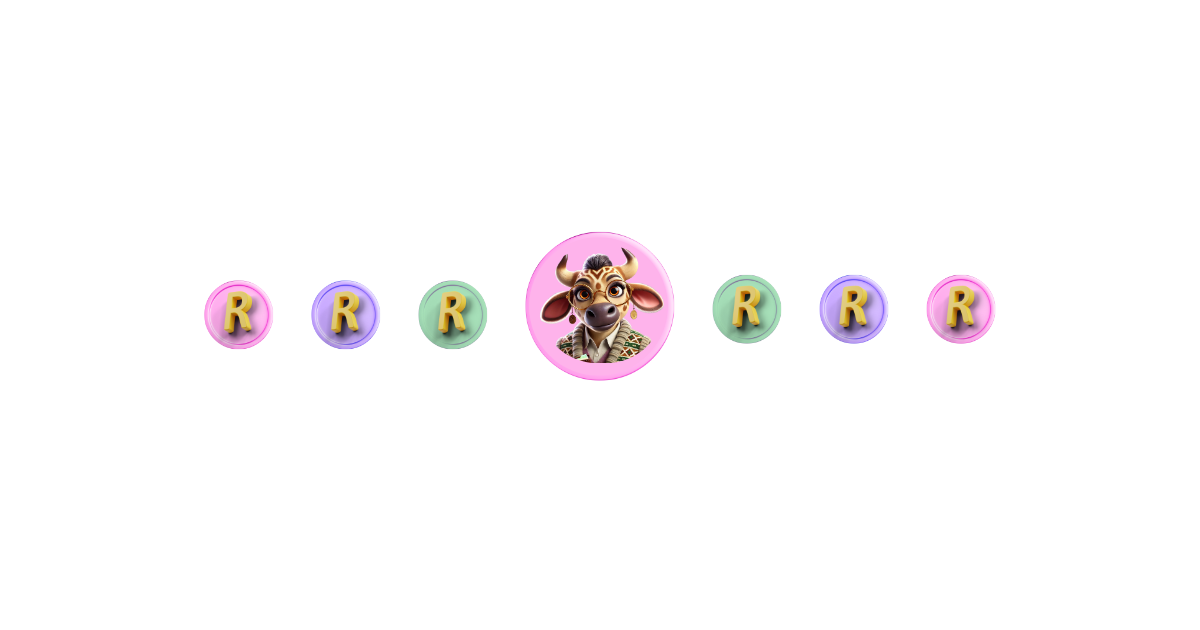

Discover how to teach kids about multiple income streams using mindset, habits, and fun tools like money jars and our printable Money Map
One of the biggest financial lessons Covid taught us? Relying on just one source of income is risky. When jobs paused and businesses shut down, many families were left scrambling.
But something surprising happened, too: people got creative. They explored new ways to earn, often from the comfort of home. With the gig economy, online tools, and flexible work options, having multiple income streams isn’t just possible, it’s smart.
And isn’t that kind of innovative, can-do thinking exactly what we want to raise in our mini millionaires?
Let’s talk: How to teach kids about multiple income streams through a mindset to cultivate, a habit to form, and a tip to try.
1. A Mindset to Cultivate
Don’t put all your eggs in one basket.
Most of us grew up thinking money comes from one place: a job or an allowance.
But here’s a mindset worth passing on: income can (and should!) come from multiple sources.
It’s not just about more money. It’s about what more money can unlock: more freedom, flexibility, and resilience to weather the storms of life just a little bit easier.
Try this simple metaphor in explaining multiple income streams to your child: “If one tap in our house breaks, we’ve still got others to get water from.”
Takeaway: Help your child see that they can build their own toolkit of income streams.
A helpful article to help kids turn skills into income.
2. A Habit to Form
Thinking beyond a single income source builds a habit to last a lifetime.
Kids are natural entrepreneurs. They’re curious, creative, and unafraid to try (all key characteristics of successful entrepreneurs).
Ask questions like: “What’s one new way you could earn this month?”
Encourage ideas beyond chores: draw something to sell, wash a neighbour’s car, trade toys.
Trying, failing, and trying again builds confidence and keeps the learning fun.
Takeaway: Get them asking, “What’s another way I could earn?” and celebrate the effort, not just the income.
Now that they're earning, have you taught your kids about debt?
3. A Tip to Try
Create “Money Streams” jars (or boxes)
Label 3 or 4 jars:
• Earned (by doing chores)
• Sold (things they made or traded)
• Shared (gifts or pocket money)
• Passive (income that doesn’t need extra work)
Ask: “Which stream is this from?”
Let them experiment. Once they find a stream that works? Help them double down and grow it.
Takeaway: When kids see their income streams, it becomes real and exciting.
Use Our Money Map: Money Coming In to Track Their Income
This week’s free printable is the Money Map: Money Coming In to jot down every source of income. Whether it’s chores, dog-walking, selling crafts, birthday money, or even the tooth fairy.
It helps kids:
- Track all their income
- Start thinking like a budgeter
- Link specific income streams to spending, saving, sharing, and sowing
Plus, conversation starters like:
- “What income source do you want to grow next?”
- “Can you think of any new ways to earn?”
- “Ask three adults how they earn money.”
All great ways to get kids thinking differently about earning.
Back to Basics: How to teach kids to earn their own money.
